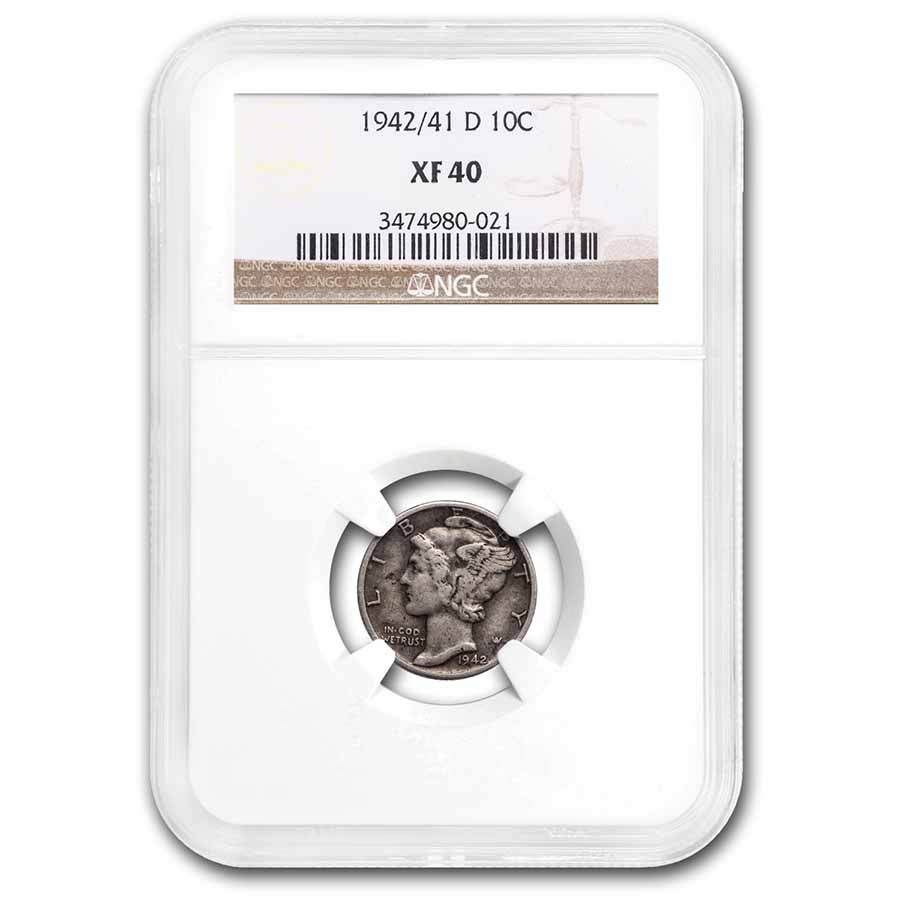The rare coin market attracts collectors and investors due to the potential for significant financial returns and the enjoyment of owning historical artifacts. However, it has risks. Scams can occur in various forms, and awareness of them is crucial for anyone involved in this market. Below, we explore some of the common scams in the rare coin market and provide guidance on avoiding falling victim to them.
Counterfeit Coins
Counterfeit coins are among the most prevalent scams in the rare coin market. These fake coins are created to mimic rare and valuable coins. They can be made from materials that closely resemble authentic ones, making them easier to distinguish from genuine coins with expert analysis.

To avoid counterfeit coins, it is essential to purchase coins from reputable dealers and have them appraised by certified numismatists. Third-party grading services can also provide authentication and assurance of a coin’s legitimacy.
Altered Coin Scams
Altered coins are genuine coins that have been modified to appear more valuable. Common alterations include changing the date or mint mark or enhancing the coin’s appearance through cleaning or other means. These modifications can significantly affect the value of a coin.
Collectors should be cautious when buying coins that appear in excellent condition for their age or rarity. Again, relying on reputable dealers and third-party grading services can help identify altered coins.
Misleading Advertising
Misleading advertising can take many forms, including exaggerated claims about a coin’s rarity, historical significance, or investment potential. Some sellers may use high-pressure sales tactics or limited-time offers to rush a purchase decision.
It is advisable to conduct independent research and seek second opinions before making significant investments in rare coins. Reviewing reviews and consulting with other collectors or experts can provide additional insights into a coin’s value.
Over-Graded Coin Scams
Over-grading occurs when a seller inflates a coin’s grade to increase its perceived value. This practice can lead to overpaying for a less rare or valuable coin than claimed.
To prevent over-grading issues, collectors should familiarize themselves with grading standards and consider using independent grading services to verify a coin’s grade.
Fake Certification
Some scammers produce fake certifications or alter genuine labels to misrepresent a coin’s grade or authenticity. This scam can be particularly deceptive because it exploits the trust collectors place in third-party grading services.
Collectors should verify certification numbers with the grading service directly and be wary of any discrepancies in the certification details. Purchasing certified coins from well-known and reputable grading services can mitigate this risk.
Conclusion
The rare coin market offers exciting opportunities for collectors and investors but also presents risks. By being aware of common scams such as counterfeit coins, altered coins, misleading advertising, over-graded coins, and fake certification, individuals can take steps to protect themselves. Utilizing reputable dealers, engaging professional grading services, and conducting thorough research are critical strategies for safely navigating this complex market.








Leave a Reply